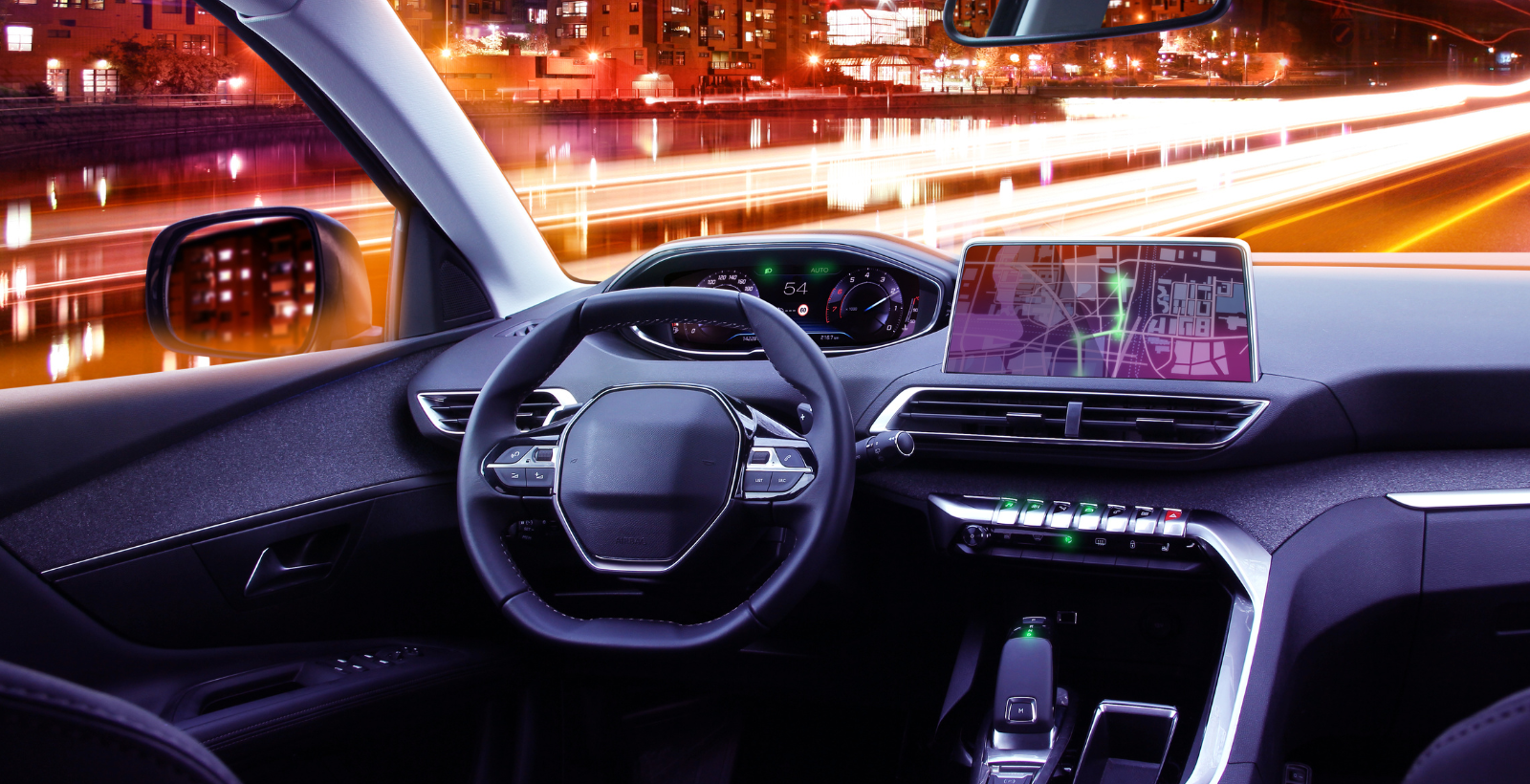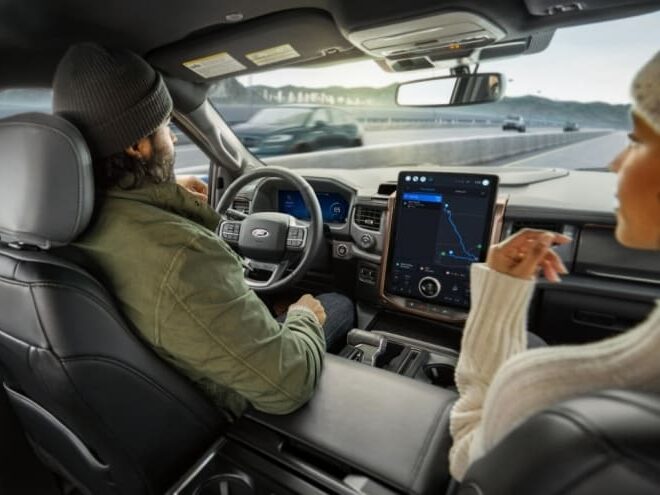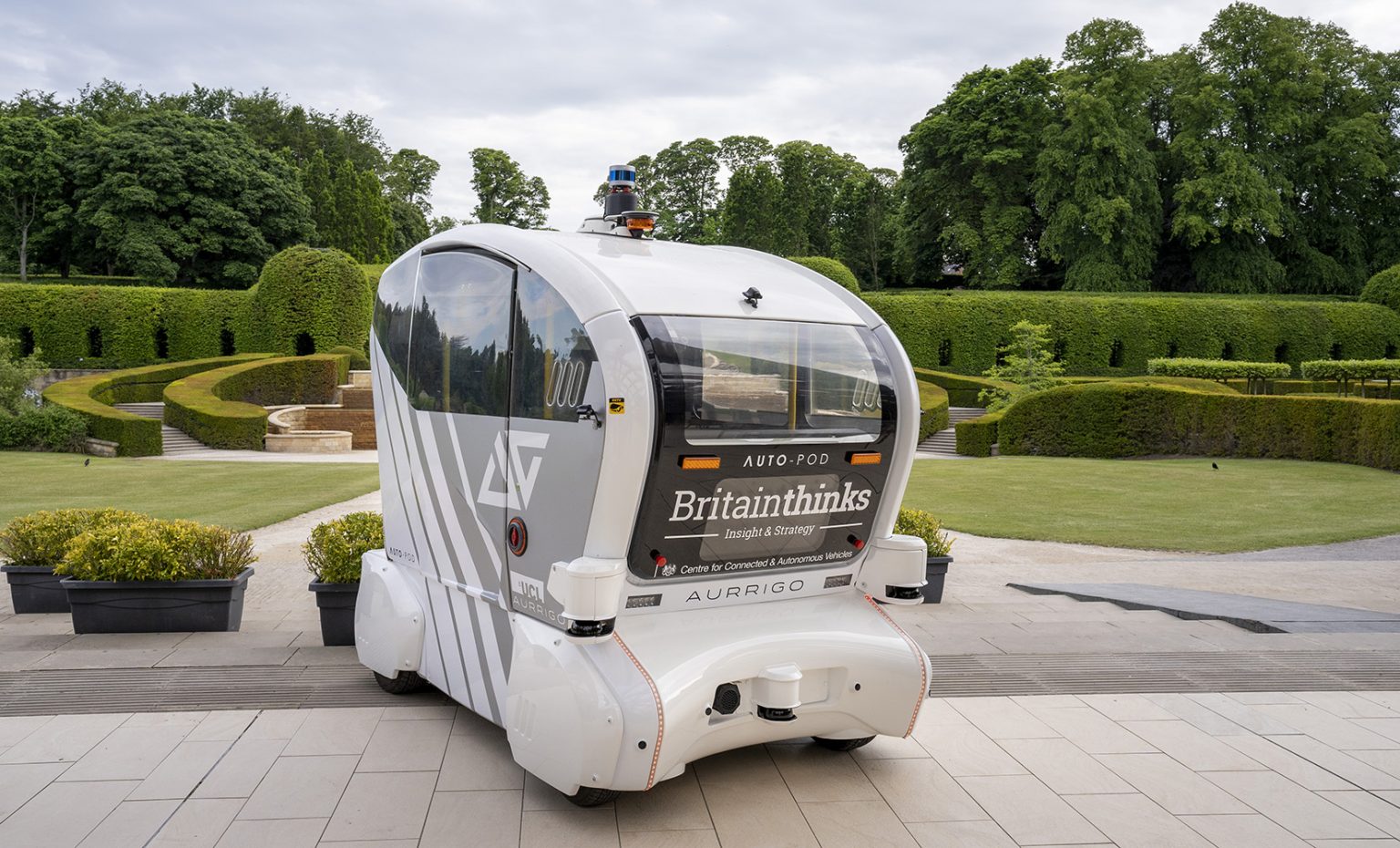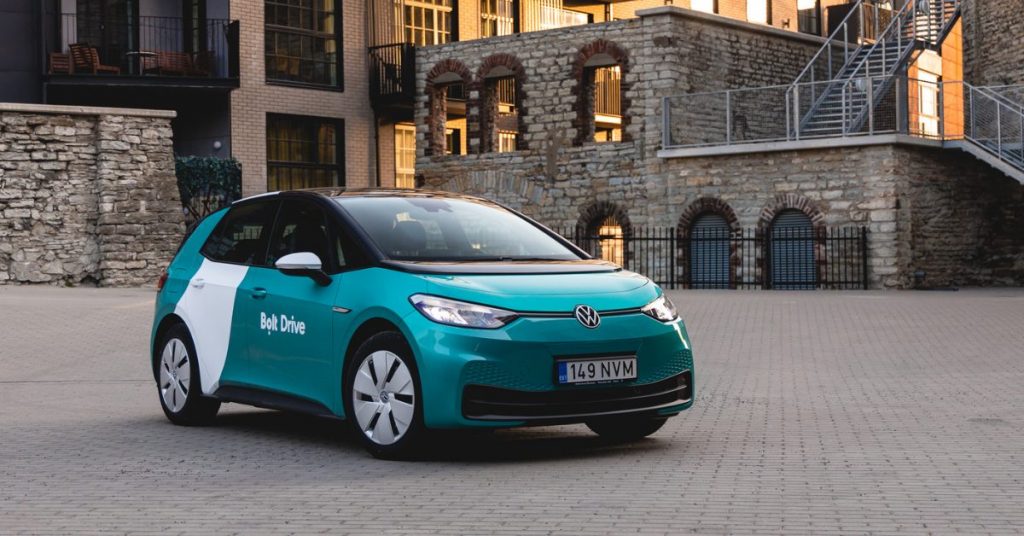In line with the UK government’s net zero strategy, e-scooters offer an efficient and sustainable urban mobility solution that should be safely integrated into the nation’s current transport network.
Since July 2020, local areas in England, Scotland and Wales have been conducting e-scooter rental trials. Within the trial areas, shared e-scooters meeting Department for Transport (DfT) standards can be hired and ridden on roads and cycle lanes by anyone over the age of 16 who holds a full or provisional driving licence.
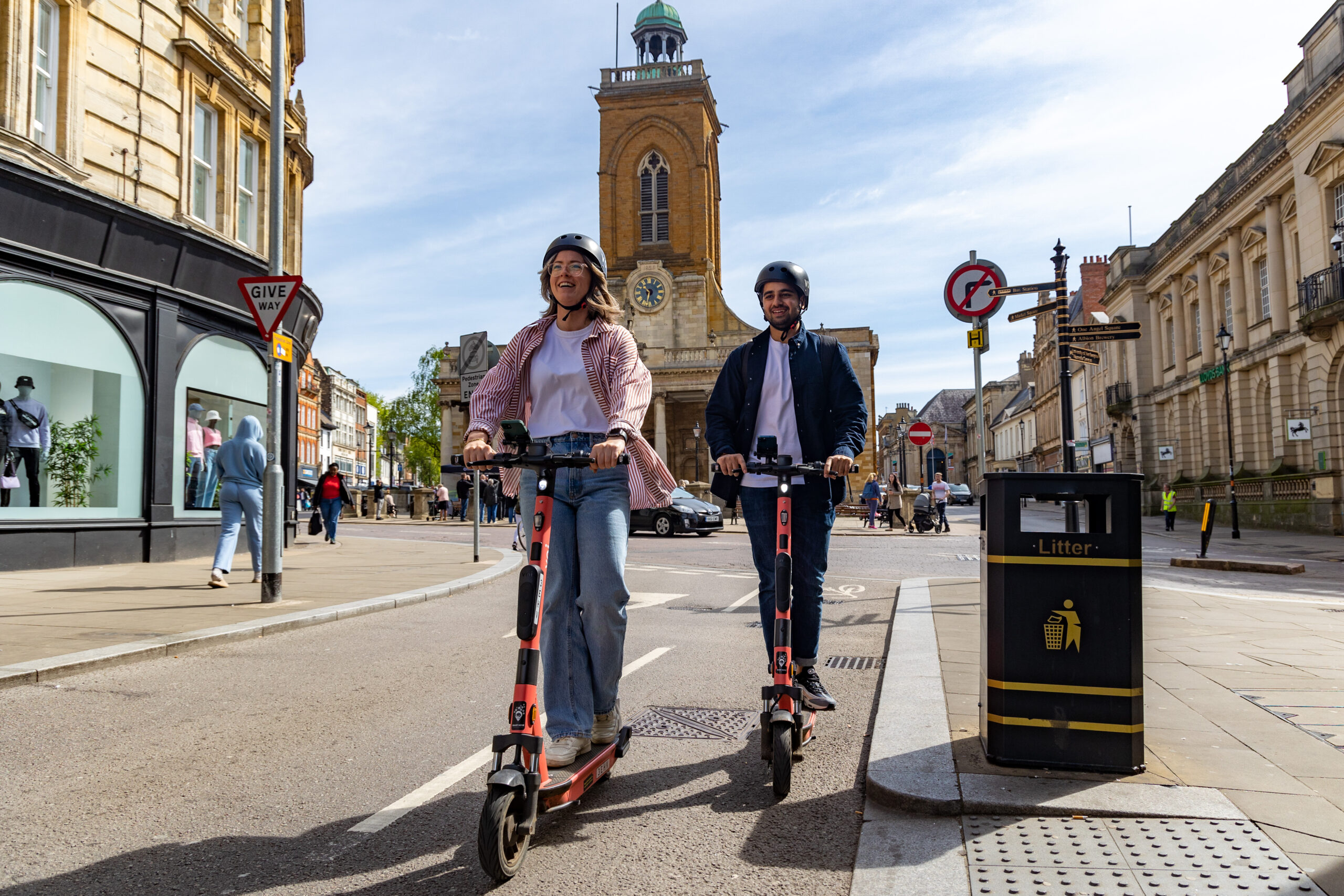
These trials offer users a sustainable and convenient mode of transport that can help reduce pollution and congestion caused by road traffic. After conducting user surveys, micromobility operator Voi revealed that 39 percent of its trips replaced journeys that would otherwise have been made by car, resulting in a reduction of 5 million short car trips since September 2020.
Matthew Pencharz, Head of Public Policy at Voi UK, said:Micromobility is already part of the local transport ecosystem in many of our cities and towns in the UK and will continue to be so as more people ditch their cars for short journeys in favour of more cost-effective and environmental modes of transport such as e-bikes or scooters.
Micromobility plays a key role in the decarbonisation and decongesting of our towns and cities and supports the Government's ambitious net-zero and active travel targets. We welcome the Government's plans to create a new vehicle category, separate from motor cars, and legalise e-scooters in the UK. We strongly support its view that micromobility is here to stay, providing a great first and last-mile option to polluting motor vehicles.
Private e-Scooters
Although the UK government has expressed its intention to legalise e-scooters, it is currently illegal to ride privately-owned e-scooters on any public road, pavement or cycle lane in the UK. Riders could face a 300 GBP fine and six points on their licence for breaking this law.
Despite this legislation, private e-scooters have become a common sight on UK streets. As the riders and vehicles are currently not managed under the same regulations as legal shared e-scooters, private e-scooters are contributing to perceived safety concerns and other negative public opinions. Such concerns have been reinforced by government data reporting 9 e-scooter-related deaths in the UK throughout 2021, increasing from just 1 in 2020. These collisions were fatal for the e-scooter riders, rather than any other road users. In response to these risks, shared e-scooter operators continue to implement additional safety features in line with the DfT’s extended requirements, which came into effect in April 2022.
Contrary to concerns, however, data suggests that the UK e-scooter trials have operated safely. In fact, the Royal Society for the Prevention of Accidents (RoSPA) published a study demonstrating that e-scooters are significantly safer than bikes and motorcycles on UK roads. Furthermore, results revealed that 94 percent of e-scooter incidents took place in areas that were not operating an e-scooter trial.
As private e-scooters appear to be responsible for the majority of risks related to the use of e-scooters, UK road safety charity, iAM RoadSmart advocates for the urgent need to enforce regulations for them.
Neil Greig, Policy & Research Director at iAM RoadSmart said:Clarifying the regulation of e-scooters is now an even more urgent priority than it was when they first reared their heads a few years ago. The market took off before legislators had a chance to catch up and we now have 100,000s of totally illegal e-scooters being used on our roads. In 2021, 9 people died on e-scooters compared to 1 the year before – the issue is now deadly serious!
The anecdotal evidence that we have seen suggests that the trials have been a safety success – no real surprise as you have to have a provisional licence to take part, the e-scooters are insured and well looked after and they are often geofenced into certain areas. Riders are even given training in some schemes. This shows that regulation works and it is clear that it is the privately owned illegal scooters that are the problem. The problem is that this particular horse has already bolted and the longer we wait the bigger the problem will get.
The legalisation and accompanying regulation of private e-scooters is anticipated in the near future, as a new Transport Act with provisions for e-scooters was announced during the Queen’s speech in May 2022. However, iAM RoadSmart is concerned that this process could take up to a year and argues that the problem needs to be addressed imminently, rather than waiting until the end of the extended trials in November 2022.
e-Scooter Parking
In order for e-scooters to be integrated well into the UK’s future transport network, solutions must also be developed to ensure they are parked sensibly.
Micromobility operators have started to tackle this issue by providing designated e-scooter parking areas and deploying computer vision technology that can monitor and control parking habits. However, to enable e-scooters to be scaled across the UK, more space is required for dedicated lanes and infrastructure that will improve safety for all micromobility users, as well as to provide suitable parking areas for idle vehicles.

Matthew Pencharz, Head of Public Policy at Voi UK, said:As more people adopt sustainable transport, such as e-scooters, bikes, e-bikes and others we need more dedicated space to be allocated to these transport modes to make it safer for all road users. This means we need better riding and parking infrastructure.
In order to implement those changes, councils and operators should continue to work together, for instance, to find alternative parking solutions to pavement parking, freeing up space that is currently occupied by cars - to give you an idea one car parking space can take up to 20 e-scooters - and prioritising the development of cycling infrastructure to encourage safe micromobility journeys and discourage the use of private cars for short journeys.
The UK’s reliance on private cars is creating a cyclical issue where polluting vehicles are dominating urban spaces and hindering the safe uptake of alternative and more sustainable modes of transport such as e-scooters. However, if effectively regulated, e-scooters have the potential to provide safe and efficient means of transport that can replace inner-city cars and free up crucial urban space. Voi’s recently published Vision Statement hopes to create “cities made for living,” in which e-scooters will be safely integrated with other modes of public and active transport.
With such a focus on regulating e-scooters – limiting their speeds and ensuring they are parked appropriately – it would be a welcome sight if the same approach was taken with private cars.


